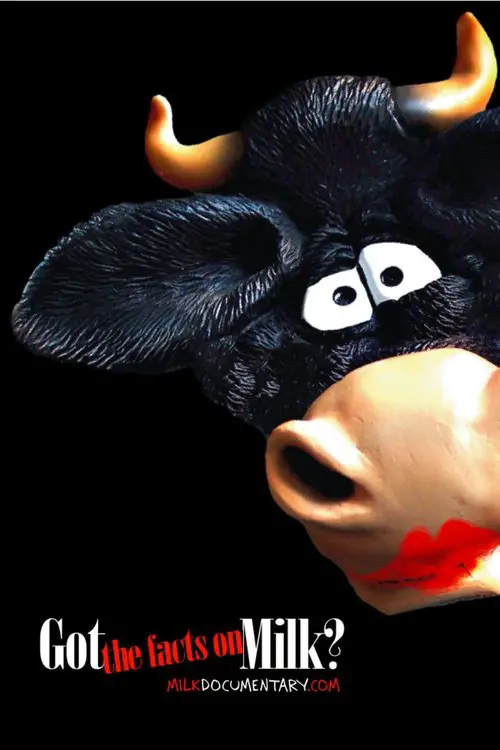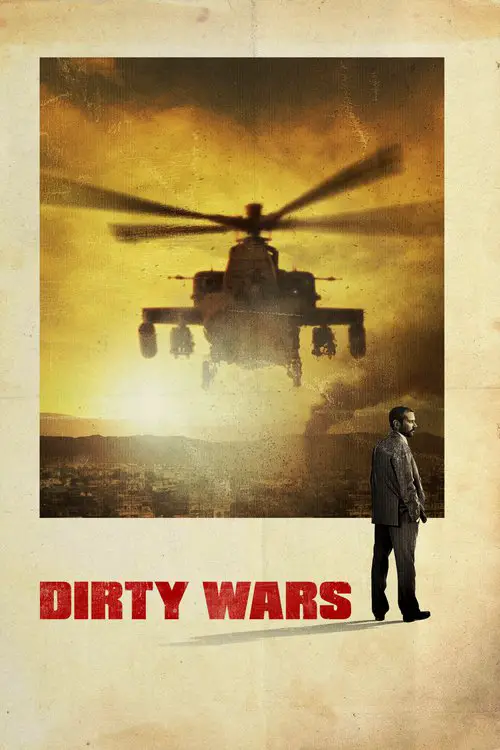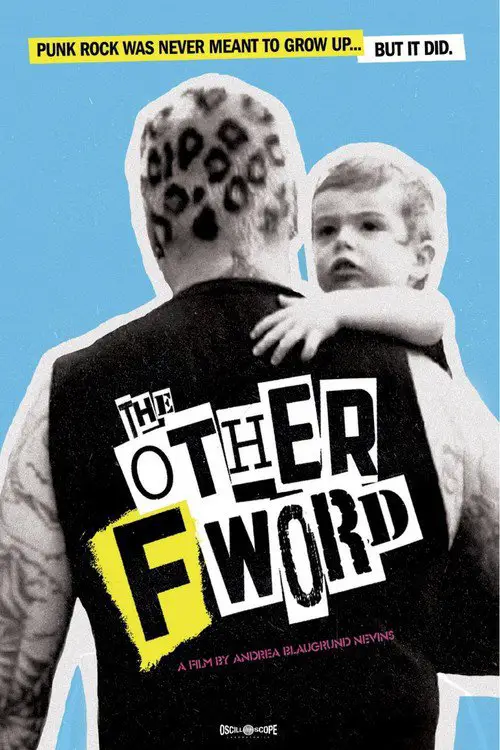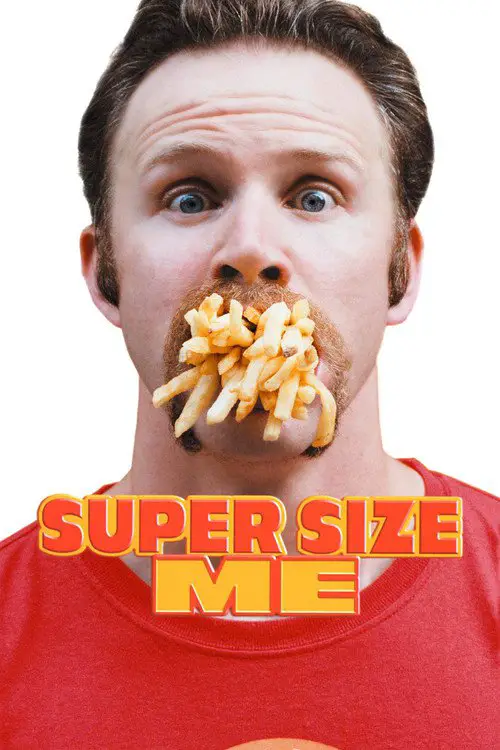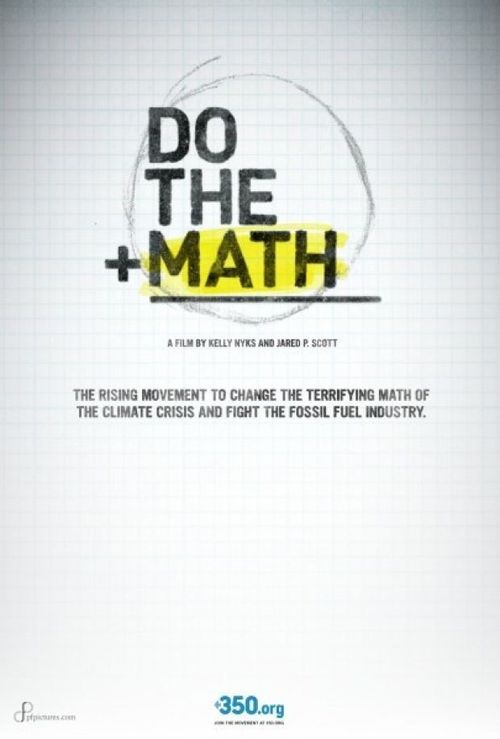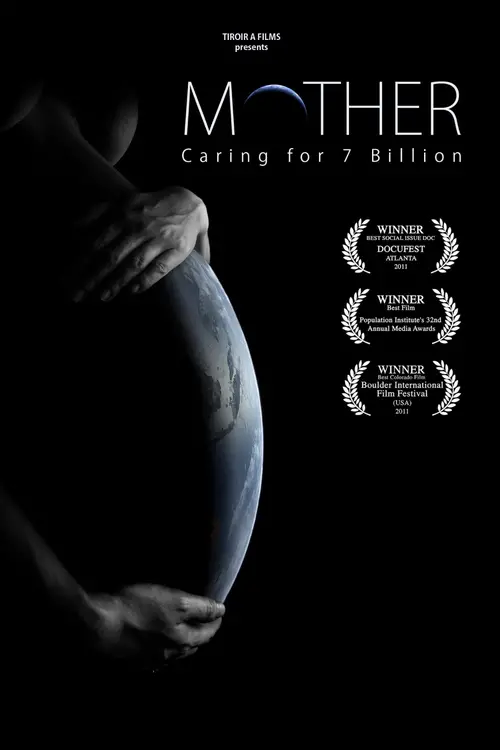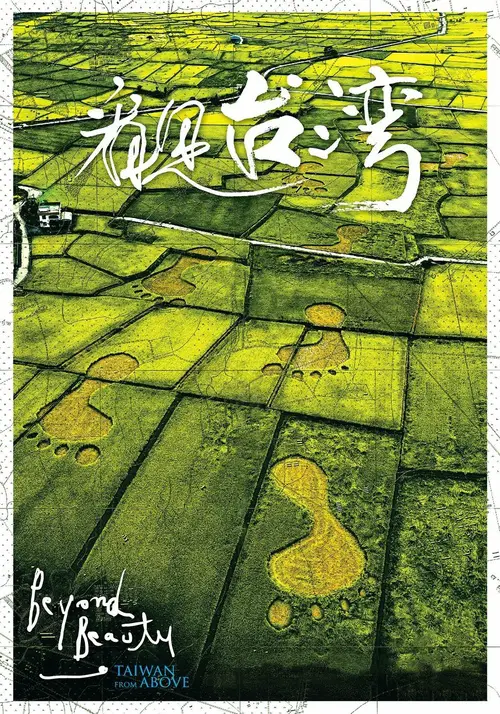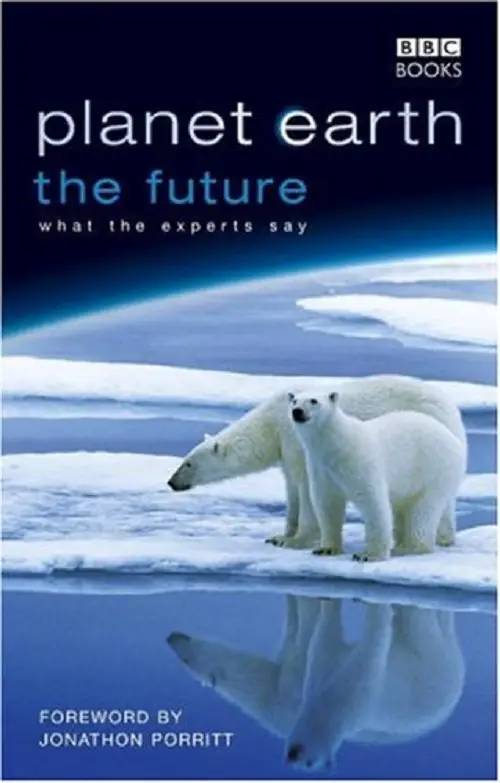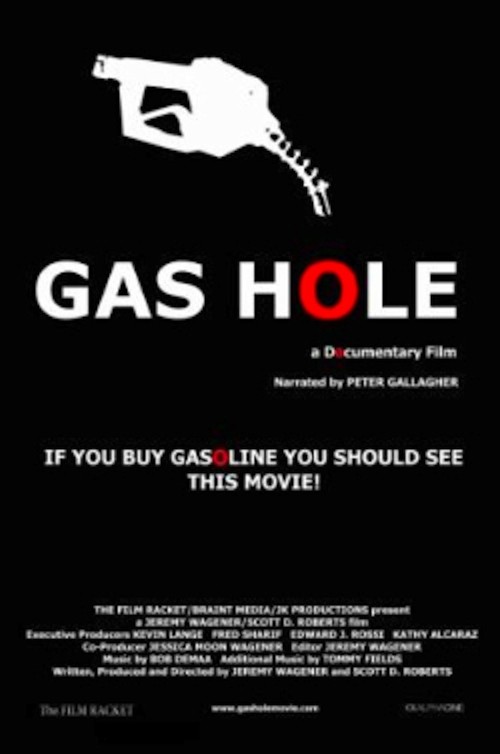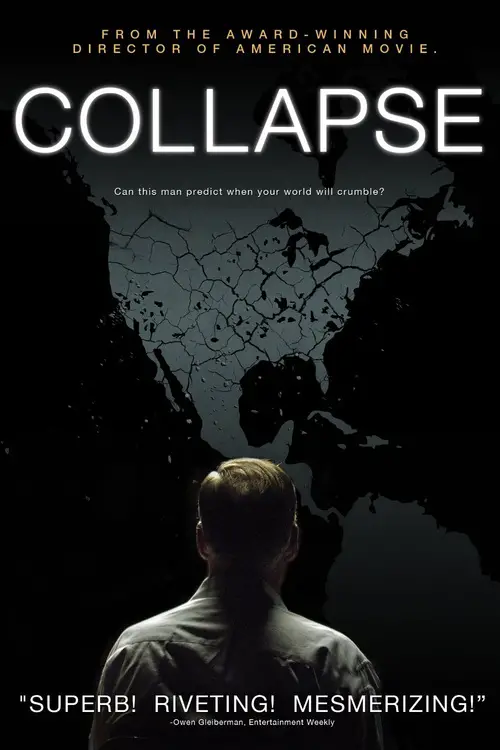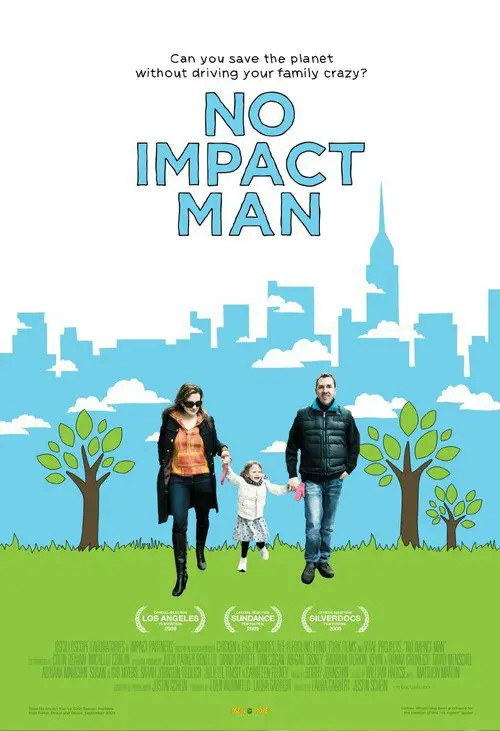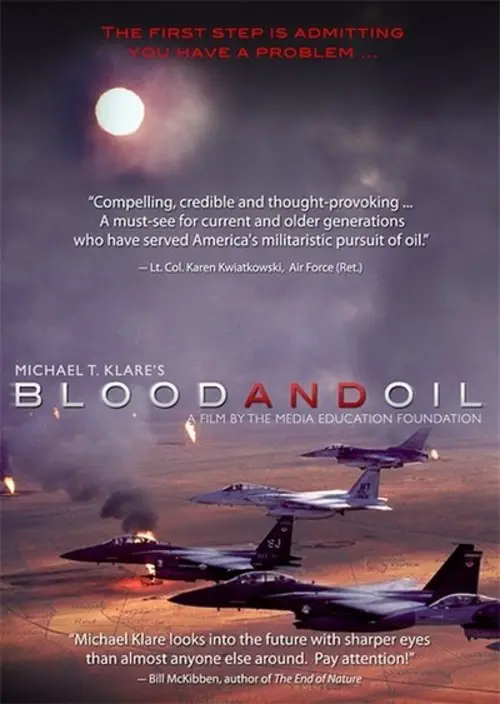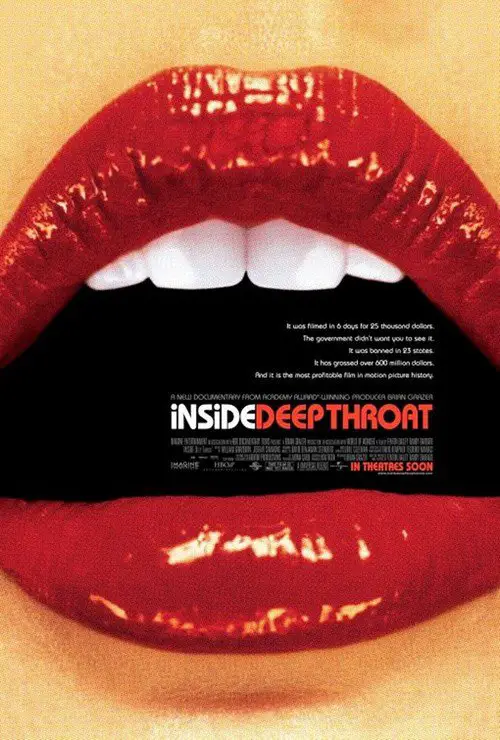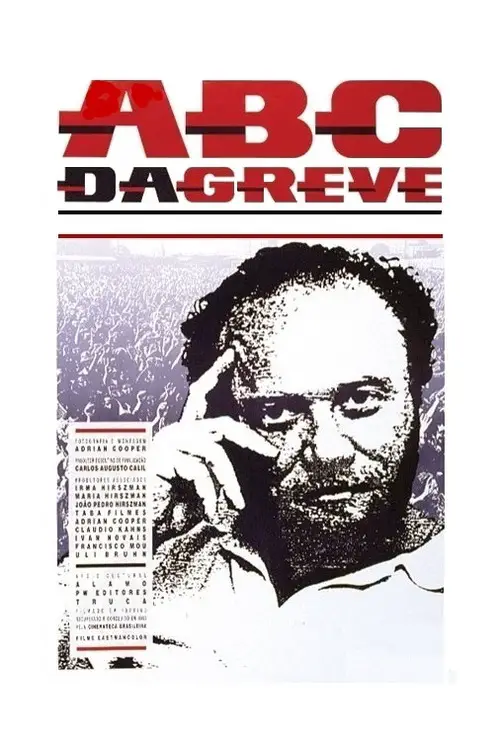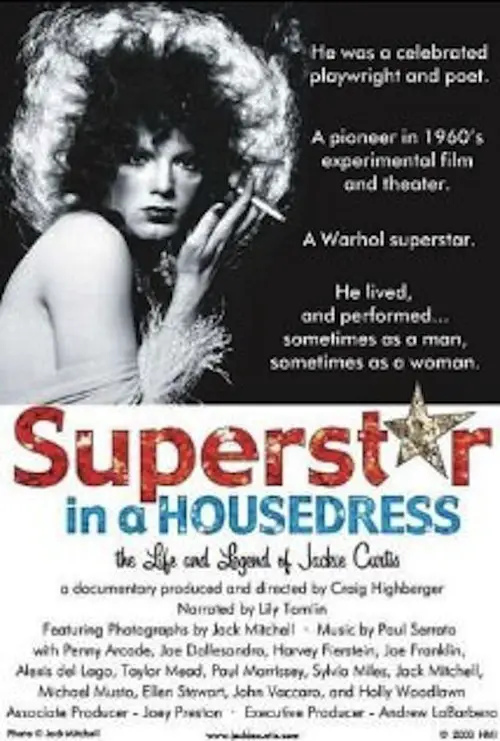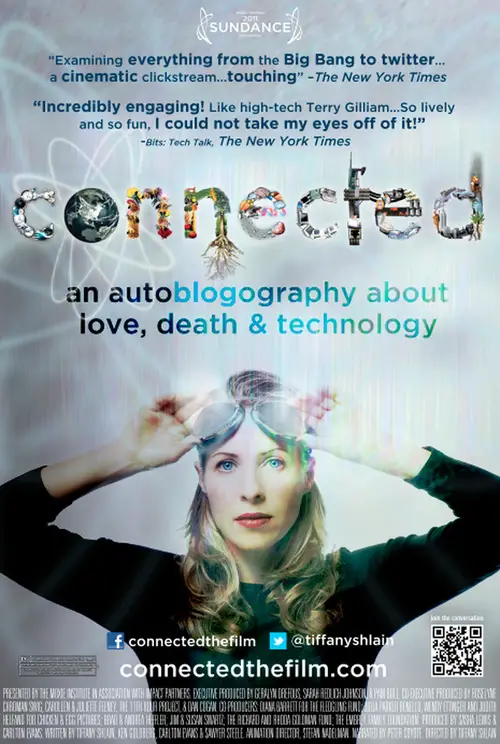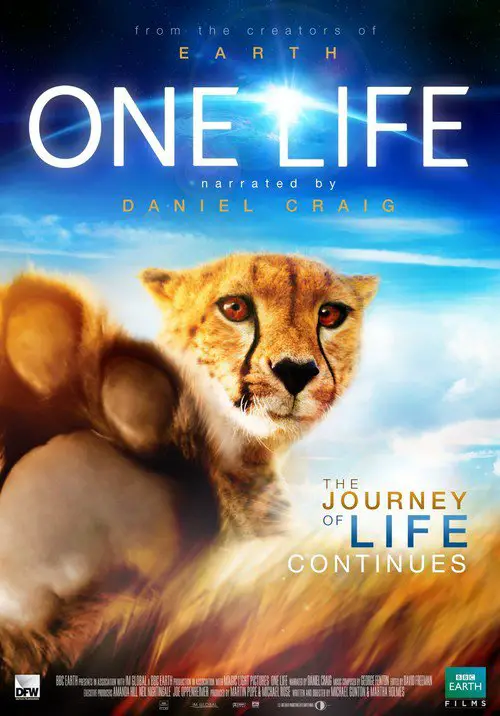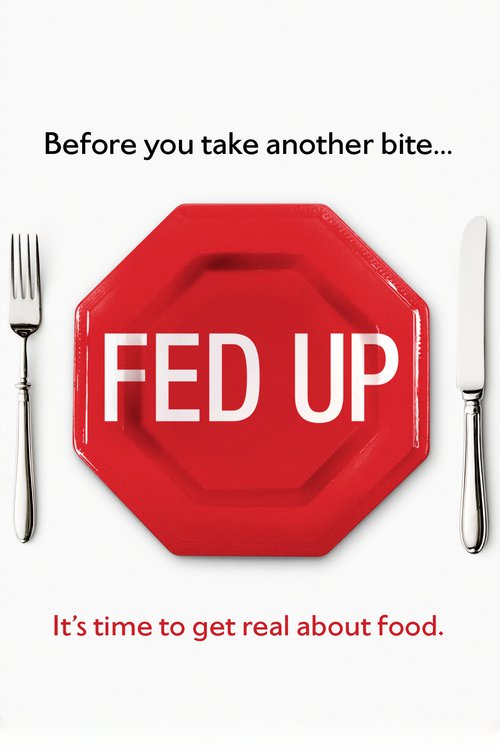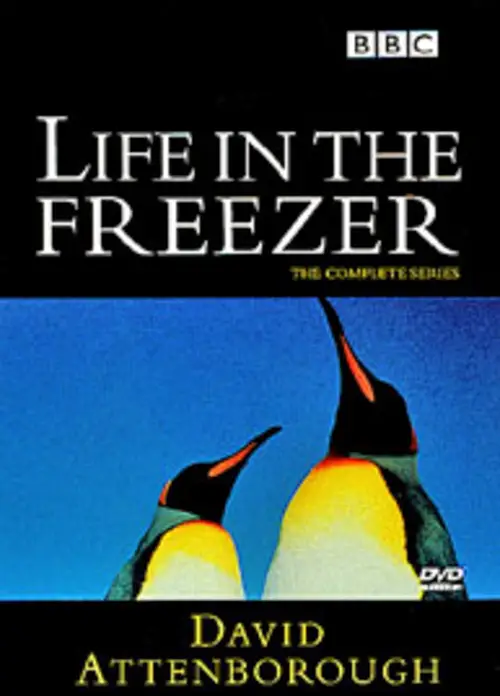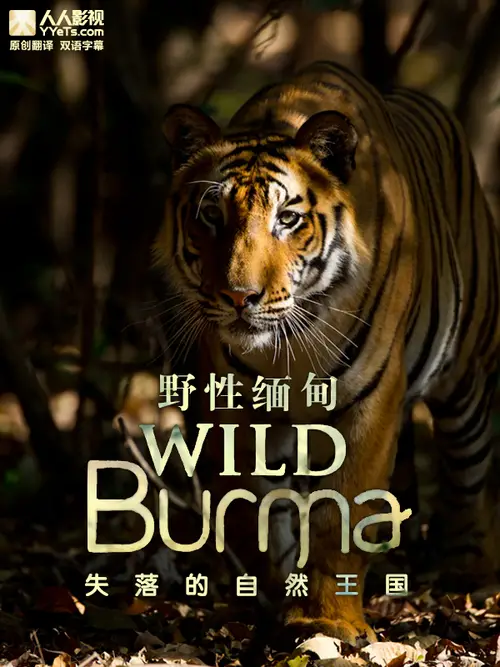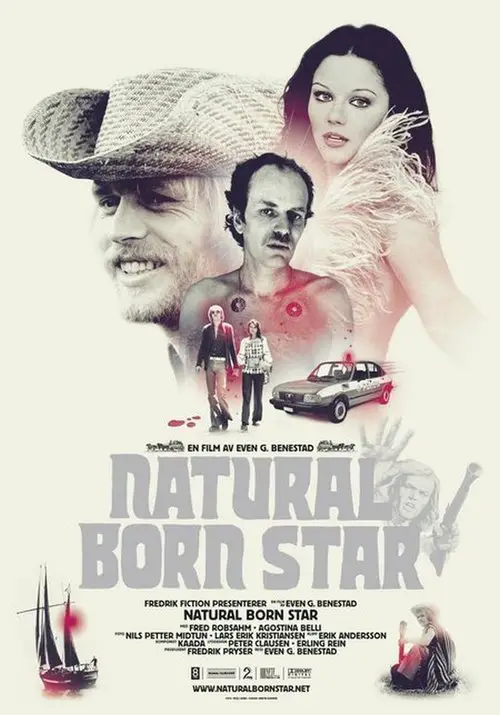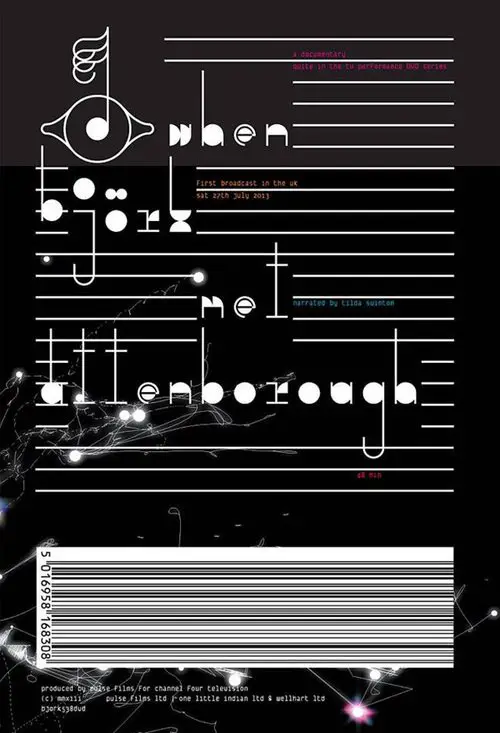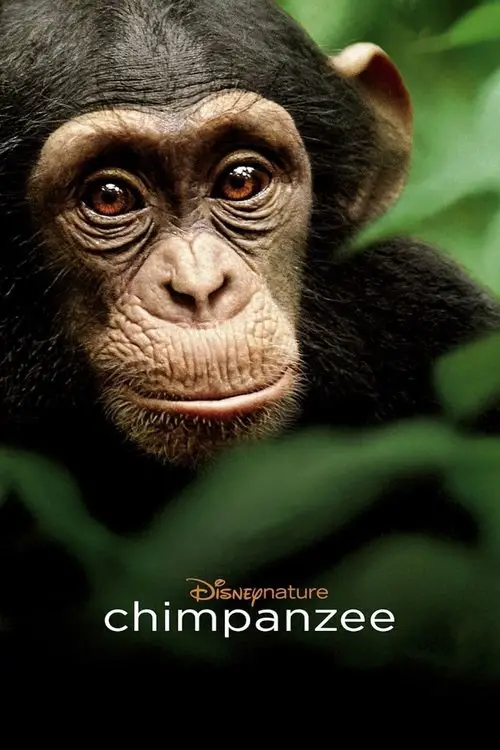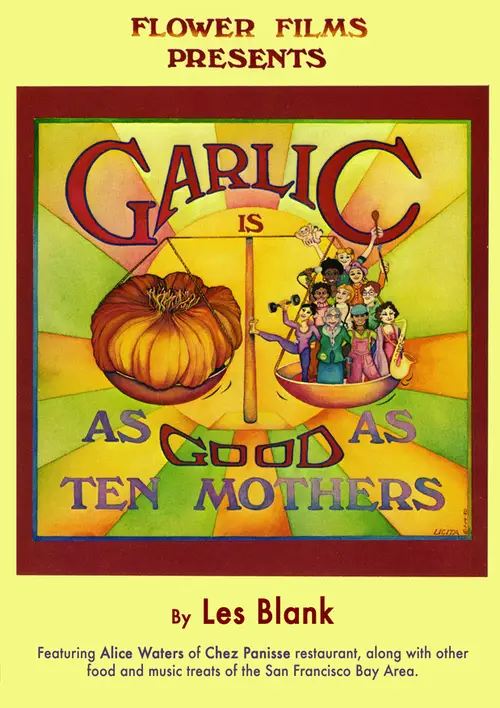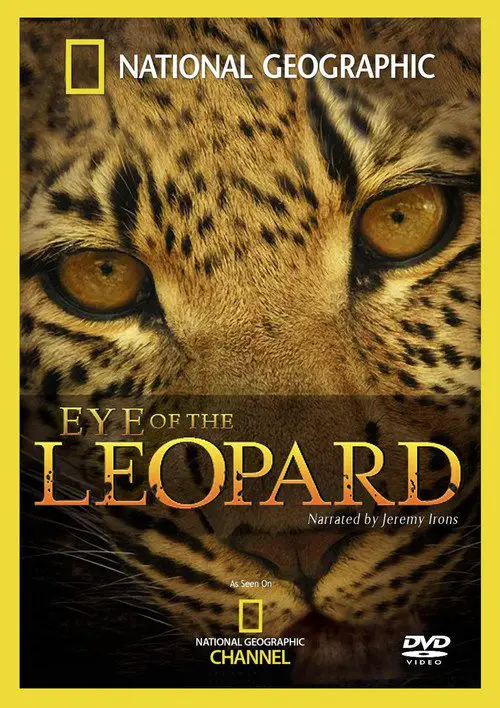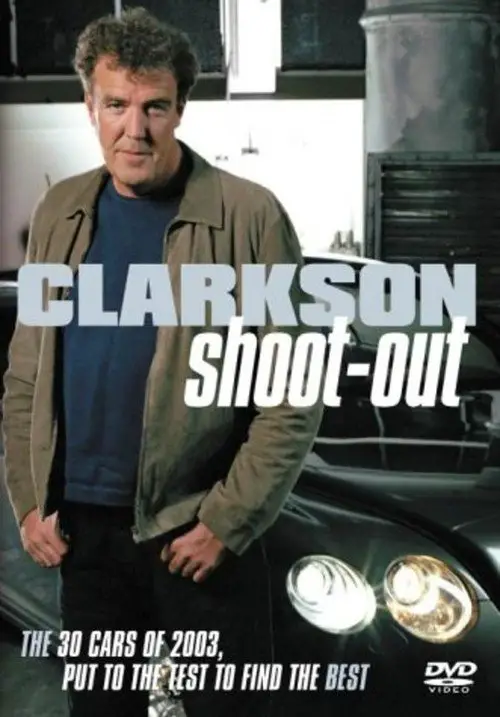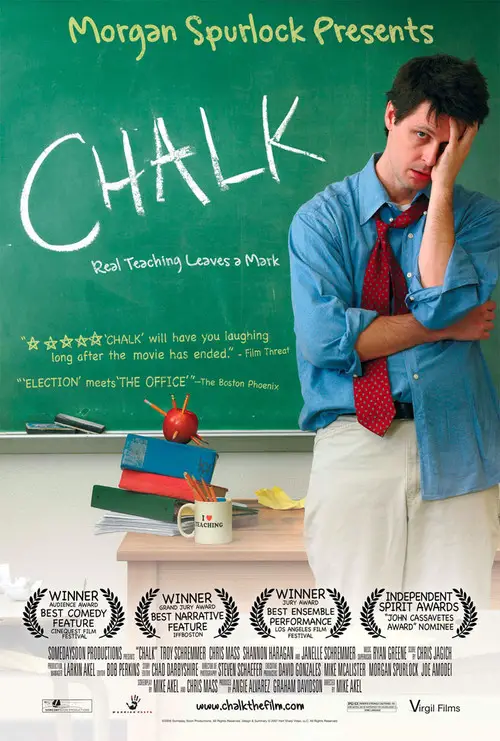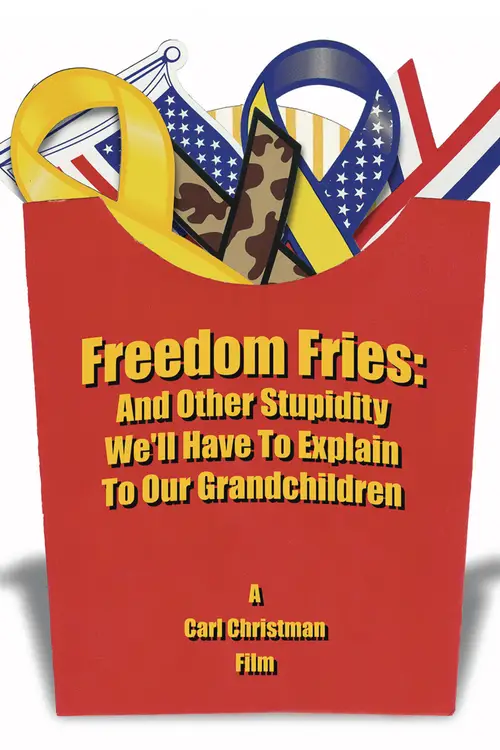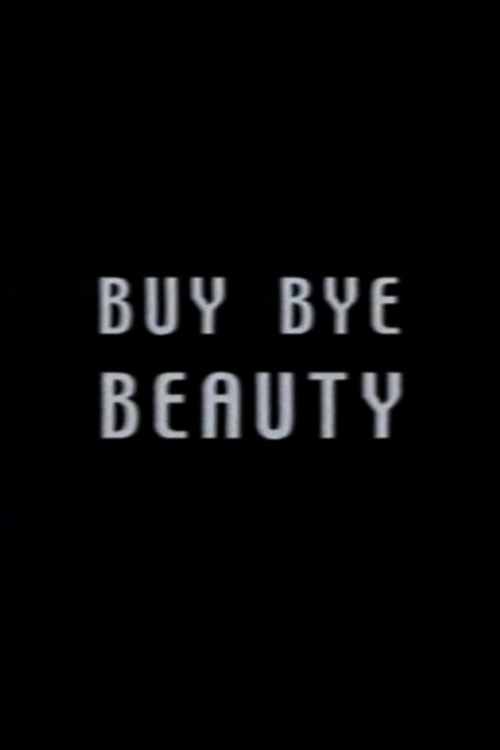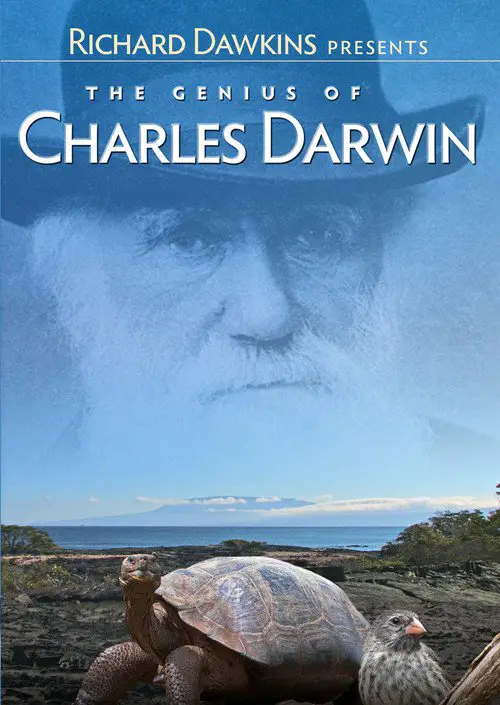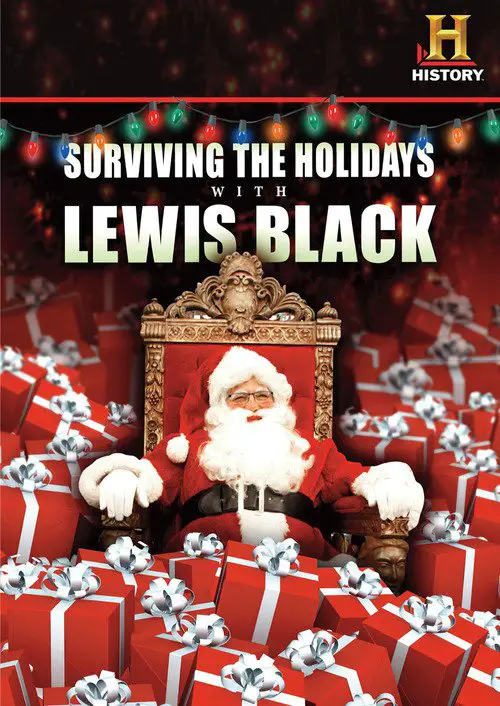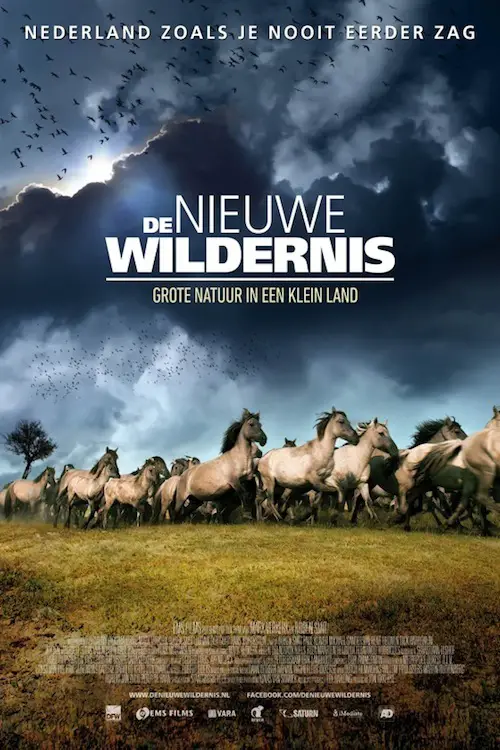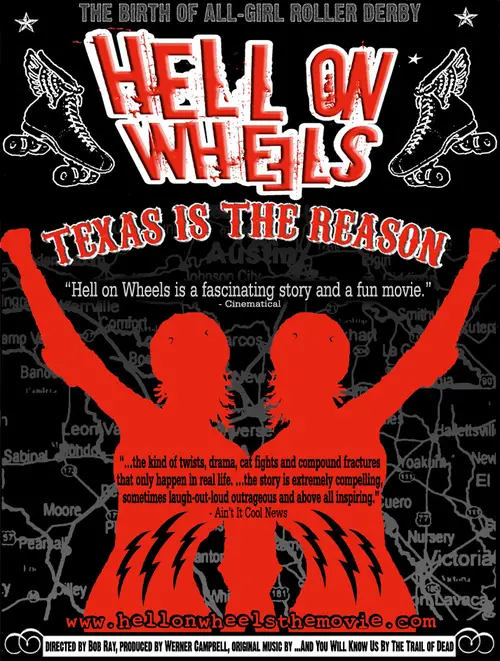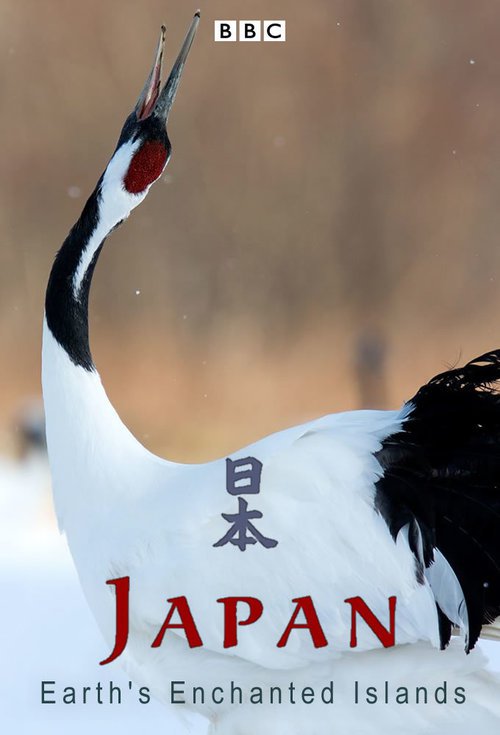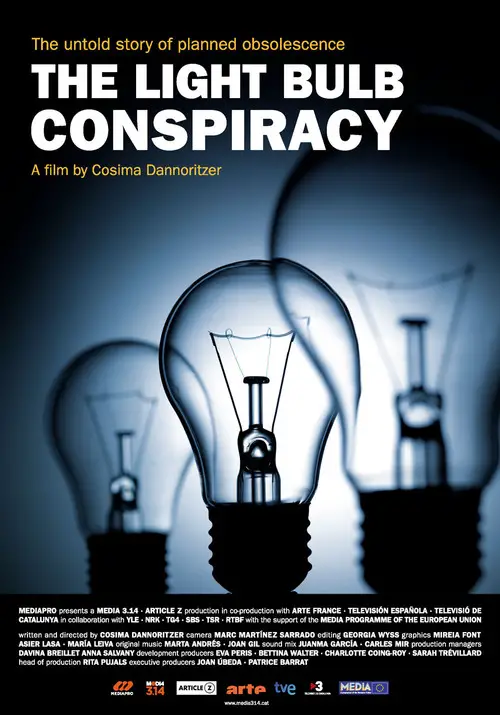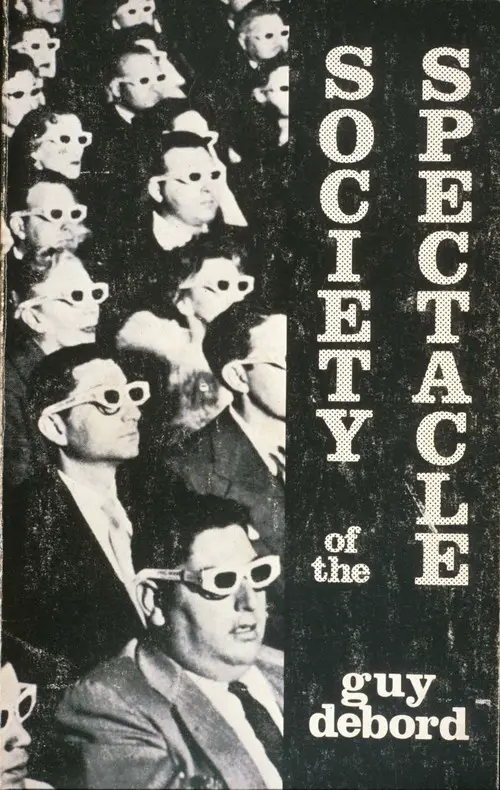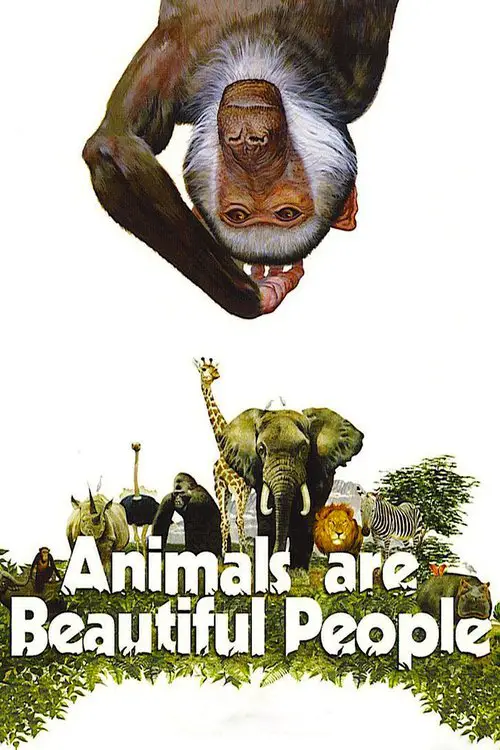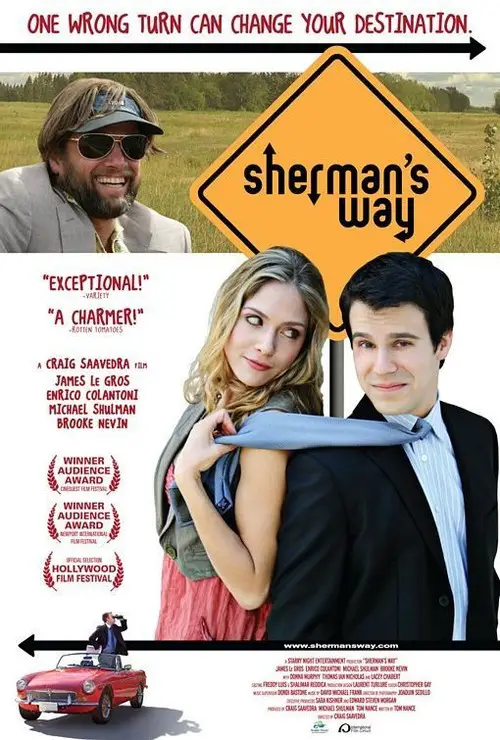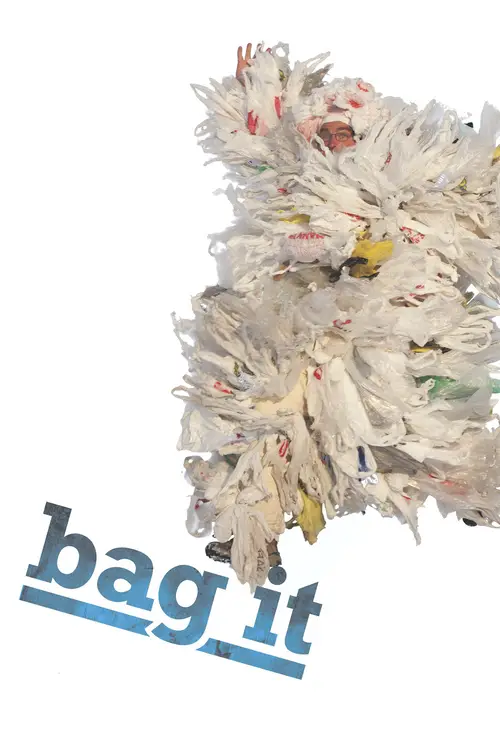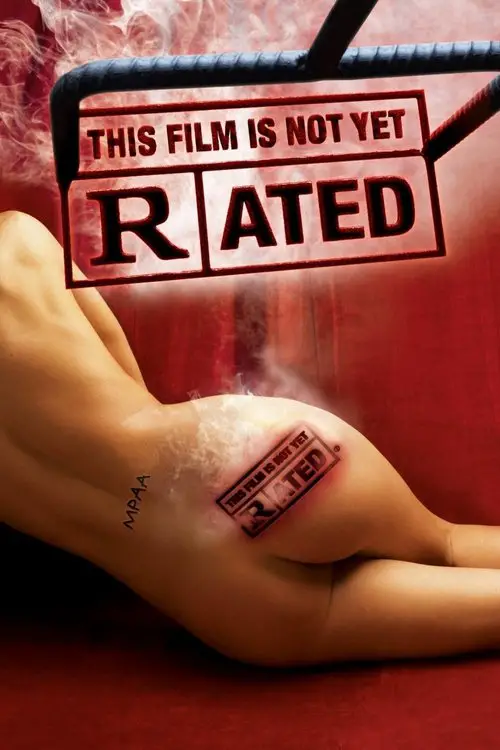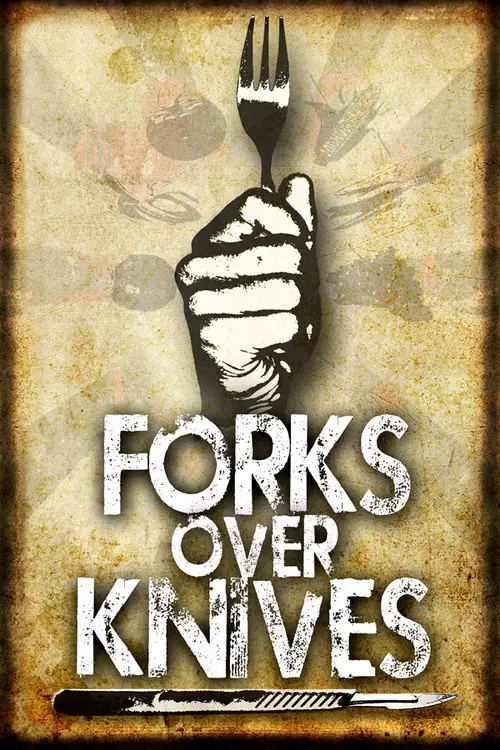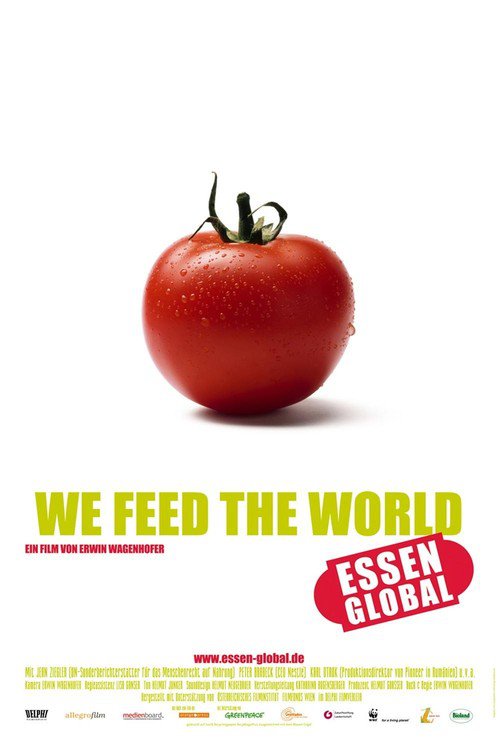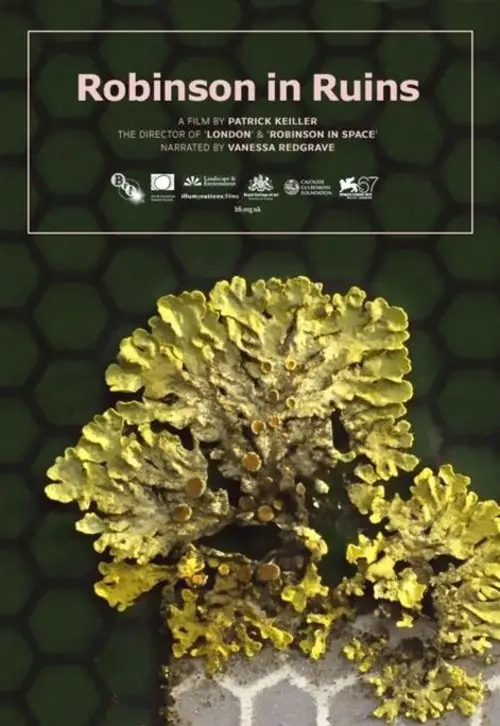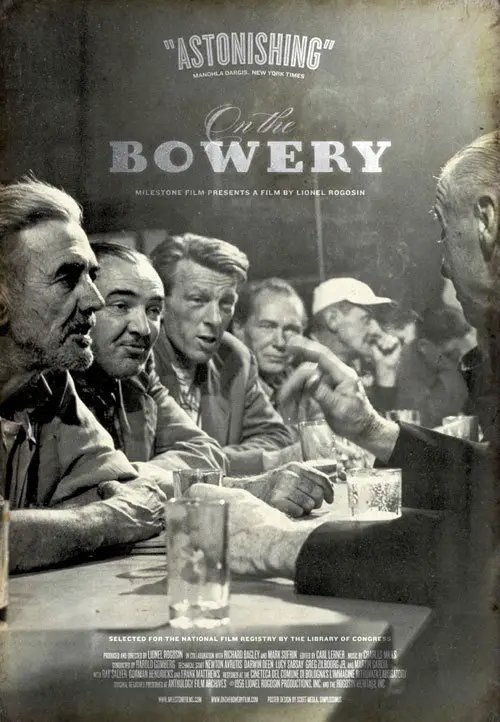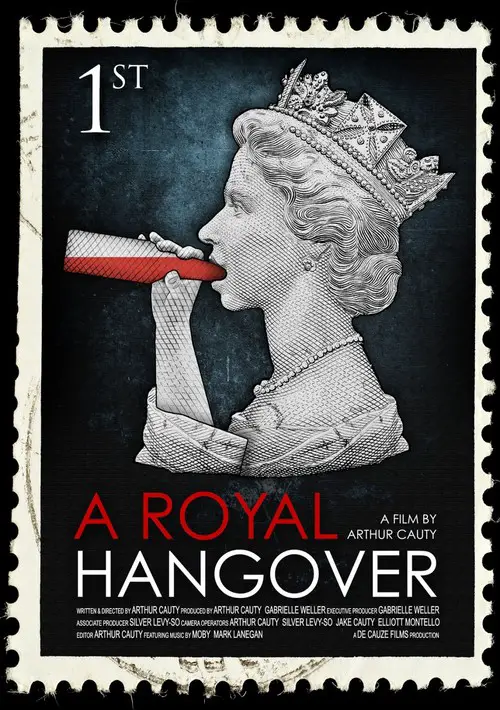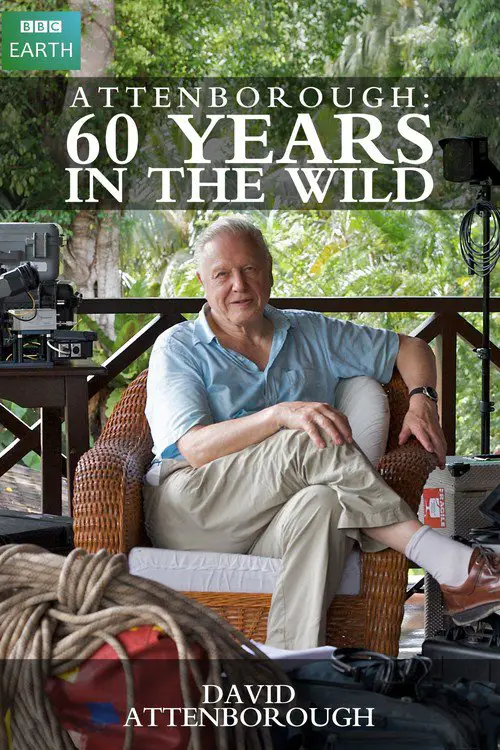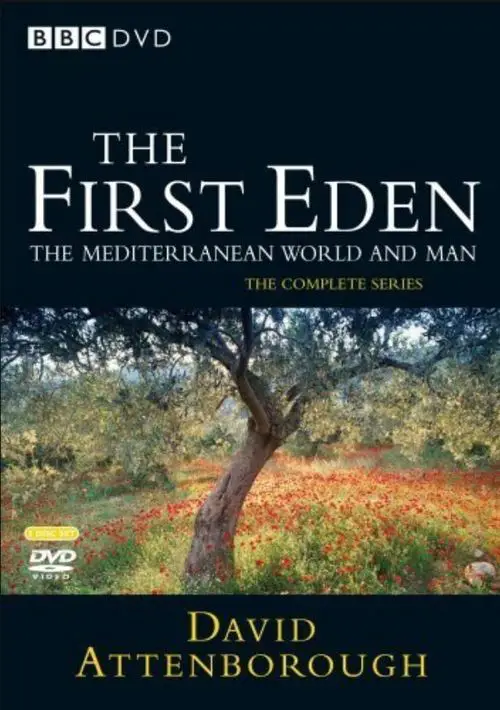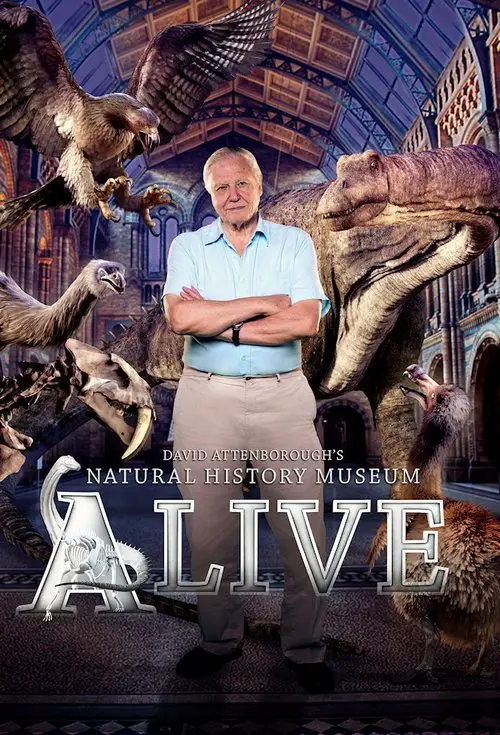Fuel (2008)

Similar movies
Fuel is the story of a young man's struggle to save his girl from an abusive environment. Emilio discovers that he has the ability to run incredibly fast. With the hope of a scholarship, he sees an opportunity to be able to leave his hometown, along with all his troubles, and take Sandy with him. But a tragic flaw, a violent streak he possesses, induced by exposure to gasoline vapors, will all but destroy his best-laid plans. Emilio's hopes race through his heart, not like blood, but like fuel.
Got the facts on Milk? (also known as "The Milk Documentary" is an entertaining, award winning feature documentary that dares to question the conventional wisdom of the much publicized health benefits of milk and dairy products. Addressing myth, truth and all in-between, the film is a humorous yet shocking exposition that provokes serious thought about this everyday staple.
What happens when a generation's ultimate anti-authoritarians â punk rockers â become society's ultimate authorities â dad's? With a large chorus of Punk Rock's leading men â Blink-182's Mark Hoppus, Red Hot Chili Peppers' Flea, Rise Against's Tim McIlrath â The Other F Word follows Jim Lindberg, 20-year veteran of skate punk band, Pennywise, on his hysterical and moving journey from belting his band's anthem, 'Fuck Authority', to embracing his ultimately pivotal authoritarian role in mid-life, fatherhood.
Morgan Spurlock subjects himself to a diet based only on McDonald's fast food three times a day for thirty days without exercising to try to prove why so many Americans are fat or obese. He submits himself to a complete check-up by three doctors, comparing his weight along the way, resulting in a scary conclusion.
Itâs simple math: we can burn less than 565 more gigatons of carbon dioxide and stay below 2°C of warming â anything more than that risks catastrophe for life on earth. The only problem? Fossil fuel corporations now have 2,795 gigatons in their reserves, five times the safe amount. And theyâre planning to burn it all â unless we rise up to stop them.
Basil Gelpke and Ray McCormack's nonfiction treatise Crude Awakening joins Maxed Out, An Inconvenient Truth, and other recent documentaries devoted to unearthing and exploring forces that are untying the connective threads of contemporary society. The subject at hand is crude oil - specifically, the depletion of petroleum from the Earth, in an era when consumption threatens to exceed supply.
Mother, the film, breaks a 40-year taboo by bringing to light an issue that silently fuels our largest environmental, humanitarian and social crises - population growth. Since the 1960s the world population has nearly doubled, adding more than 3 billion people. At the same time, talking about population has become politically incorrect because of the sensitivity of the issues surrounding the topic- religion, economics, family planning and gender inequality. The film illustrates both the over consumption and the inequity side of the population issue by following Beth, a mother, a child-rights activist and the last sibling of a large American family of twelve, as she discovers the thorny complexities of the population dilemma and highlights a different path to solve it.
Planet Earth: The Future is a 2006 BBC documentary miniseries on the environment and conservation, produced by the BBC Natural History Unit as a companion to the multi-award winning nature documentary Planet Earth. The programmes were originally broadcast on BBC Four immediately after the final three episodes of Planet Earth on BBC One. Each episode highlights the conservation issues surrounding some of the species and environments featured in Planet Earth, using interviews with the film-makers and eminent figures from the fields of science, conservation, politics, and theology. The programmes are narrated by Simon Poland and the series producer was Fergus Beeley.
From the acclaimed director of American Movie, the documentary follows former Los Angeles police officer turned independent reporter Michael Ruppert. He recounts his career as a radical thinker and spells out his apocalyptic vision of the future, spanning the crises in economics, energy, environment and more.
A serious docu-comedy about the commercialization of Christmas. What Would Jesus Buy? follows Reverend Billy and the Church of Stop Shopping Gospel Choir as they go on a cross-country mission to save Christmas from the Shopocalypse: the end of mankind from consumerism, over-consumption and the fires of eternal debt!
The notion that oil motivates America's military engagements in the Middle East is often disregarded as nonsense or mere conspiracy theory. In Blood and Oil, bestselling author and Nation magazine defense correspondent Michael T. Klare challenges this conventional wisdom and corrects the historical record. The film unearths declassified documents and highlights forgotten passages in prominent presidential doctrines to show how concerns about oil have been at the core of American foreign policy for more than 60 years -- rendering our contemporary energy and military policies virtually indistinguishable. In the end, Blood and Oil calls for a radical re-thinking of US energy policy, warning that unless we change direction, we stand to be drawn into one oil war after another as the global hunt for diminishing world petroleum supplies accelerates.
In 1972, a seemingly typical shoestring budget pornographic film was made in a Florida hotel, "Deep Throat," starring Linda Lovelace. This film would surpass the wildest expectation of everyone involved to become one of the most successful independent films of all time. It caught the public imagination which met the spirit of the times, even as the self appointed guardians of public morality struggled to suppress it, and created, for a brief moment, a possible future where sexuality in film had a bold artistic potential. This film covers the story of the making of this controversial film, its stunning success, its hysterical opposition along with its dark side of mob influence and allegations of the on set mistreatment of the film's star. In short, the combined events would redefine the popular appeal of pornography, even as more cynical developments would lead it down other paths.
Darwin's great insight â that life has evolved over millions of years by natural selection â has been the cornerstone of all David Attenboroughâs natural history series. In this documentary, he takes us on a deeply personal journey which reflects his own life and the way he came to understand Darwinâs theory.
ABC of a Strike captures the 1979 metal workers strikes outside of São Paulo. The footage sat untouched until after the death of highly regarded director Leon Hirszman in 1987, by which time the material had a new relevance. The gripping film captures the negotiations between the labor unions and the factory bosses and shows the birth of the regionâs Workerâs Party, as well as the emergence of its charismatic leader, Luiz Inácio Lula da Silva (known as âLulaâ). Rising from extreme poverty, Lula gained national prominence as a union activist during the late 70s and early 80s. After being jailed during his time as a union leader, he eventually become Brazilâs president from 2003 to 2010. -Description via Wexner Center Film/Video
Tiffany Shlain's documentary, Connected, explores the visible and invisible connections linking major issues of our time-the environment, consumption, population growth, technology, human rights, the global economy-while searching for her place in the world during a transformative time in her life. Employing a combination of animation and archival footage, Shlain constructs a chronological tour of Western modernization through the work of her late father, Leonard Shlain, a surgeon and best-selling author. Connected illuminates the beauty and tragedy of human endeavor while championing the importance of personal connectedness for understanding and coping with today's global conditions.
The story of a race against time to help preserve the untouched forests of Burma and its wildlife. For the first time in over 50 years, a team of wildlife filmmakers from the BBC's Natural History Unit and scientists from the world renowned Smithsonian Institution has been granted access to venture deep into Burma's impenetrable jungles. Their mission is to discover whether these forests are home to iconic animals, rapidly disappearing from the rest of the world.
Award-winning musician Björk and legendary broadcaster and naturalist Sir David Attenborough have admired each other's work for years but this is the first time they have discussed their mutual love of music and the natural world on screen. In this remarkable documentary, Björk explores our unique relationship with music and discovers how technology might transform the way we engage with it in the future.
In a remote and forgotten wilderness, one of nature's last great mysteries unfolds: the birth, life and death of a million crimson-winged flamingos. Against a dramatic backdrop of never-before filmed landscapes, these secretive birds struggle to survive and prevail over danger and fate. This inspiring story, set in the extraordinary 'otherworld' of Lake Natron in northern Tanzania, the cradle of humankind, reminds us: here on earth is a universe waiting to be discovered.
2003 has been the best year for new cars ever. But Iâm not interested in reliability, fuel consumption or even cup holders. This is all about finding the car of the year that put the biggest smile on my face.....Itâs all about excitement... So I put the Bentley Continental GT head to head against the Rolls Royce Phantom in a heavy metal drag race. I pitch the Mitsubishi Evo VIII against its old enemy the Subaru Imprezza Sti. I choose the best road car you can use on a track and the contenders are the Lotus Elise, the Vauxhall VX220 Turbo and the new TVR350C. There's a supercar showdown between the Pagani Zonda and the Koenigsegg. And I throw down the gauntlet to the Lamborghini Gallardo, the Aston Martin DB7 GT, the Porsche GT3 and many, many more. I also found time to put a new spin on the art of caravan towing - flipping one on to its roof and hooking it up to a super fast Overfinch Range Rover. In fact, I had so much fun...Iâm still smiling now. I'm sure you will too.
Life in the trenches of that most honorable and frustrating profession...teaching. It's the start of a memorable new year at Harrison High. The self-conscious Mr. Stroope is convinced that his time has come - this year he will be furnished with the golden title of "Teacher of the Year," if only his smarter students would stop using words that he can't understand.
"Freedom Fries: And Other Stupidity We'll Have to Explain to Our Grandchildren" is a whimsical look at patriotism and consumerism in America. It explores the absurdity of many of the symbolic gestures that have recently pervaded American culture, such as the wasting of French wine and the waving of Chinese-made American flags. Freedom Fries shows that these idle gestures stem from our culture of consumption and do real damage to our democracy as well as our humanity. With the aid of a leading scholar and an outspoken social activist this film draws a concrete relationship between American consumerism and patriotism.
Buy Bye Beauty is a 2001 documentary film by Swedish director and performance artist PÃ¥l Hollender. The film is about the way Latvian sex industry and its being fueled by businessmen and sex tourists from Sweden visiting Riga. The film was shot in Riga in July 2000. The narration of the film is in English, with interviews conducted in Russian and Latvian.
"Go Further" explores the idea that the single individual is the key to large-scale transformational change. The film follows actor Woody Harrelson as he takes a small group of friends on a bio-fueled bus-ride down the Pacific Coast Highway. Their goal? To show the people they encounter that there are viable alternatives.
A documentary series from Channel 4, hosted by professor Richard Dawkins, well-known darwinist. The series mixes segments on the life and discoveries of Charles Darwin, the theory of natural selection and evolution, and Dawkins' attempts at convincing a group of school children that evolution explains the world around us better than any religion.
The movie De Nieuwe Wildernis is set in the Oostvaardersplassen, a nature reserve of high standard in the Netherlands. The reserve has been developed in a location that 40 years ago was under sea level in one of the most densely populated countries in the world. Nowadays, its the stage for a unique nature show: the nature determines the rhythm. EMS Films was the first with exclusive rights to shoot footage during all four seasons in the Oostvaardersplassen. The team of "De Nieuwe Wildernis" filmed in the Oostvaardersplassen over a period of two years. The result is a nature film never seen in The Netherlands before. It is a nature spectacle! The film features Konik horses, Red Deer, Foxes and Heck cattle, just to name a few, battling for new territories and survival.
In 2001 a rowdy group of Austin women were determined to ressurect an old sport, but with a new spin. This is the beginning of a revolution: HELL ON WHEELS is the ass-kicking documentary film telling the story of a group of Texas women who band together to resurrect roller derby for the 21st century. Emerging from the Austin music and arts scene, these women create a rock and roll fueled version of all-girl roller derby that has spawned the derby craze that's sweeping the nation.
Starring Norman Winther as Himself, The Last Trapper is a mix of fact & fiction. Norman is not just an admirer of nature, he's a part of it. He survives the harshness of the climate and the wildlife by coexisting with it. With his wife Nebraska (played by May Loo), they live almost entirely off the land, making money by selling their furs.
In Japanâs crowded archipelago, there are still places where nature thrives â and Japan has a surprisingly vast range of landscapes, from the far north, where sea eagles walk on frozen seas, to subtropical southern islands, with coral reefs and volcanoes, and the central islands, with forested mountains, home to bears and monkeys. This series explores how life survives across these islands, and how humans and wildlife have found ways to live alongside the forces of nature and embrace them in quintessential ways.
Werner Herzogâs documentary film about the âGrizzly Manâ Timothy Treadwell and what the thirteen summers in a National Park in Alaska were like in one manâs attempt to protect the grizzly bears. The film is full of unique images and a look into the spirit of a man who sacrificed himself for nature.
Once upon a time... consumer goods were built to last. Then, in the 1920âs, a group of businessmen realized that the longer their product lasted, the less money they made, thus Planned Obsolescence was born, and manufacturers have been engineering products to fail ever since.
Combining investigative research and rare archive footage with analysis by those working on ways to save both the economy and the environment, this documentary charts the creation of âengineering to failâ, its rise to prominence and its recent fall from grace.
Humanityâs ascent is often measured by the speed of progress. But what if progress is actually spiraling us downwards, towards collapse? Ronald Wright, whose best-seller, âA Short History Of Progressâ inspired âSurviving Progressâ, shows how past civilizations were destroyed by âprogress trapsââalluring technologies and belief systems that serve immediate needs, but ransom the future. As pressure on the worldâs resources accelerates and financial elites bankrupt nations, can our globally-entwined civilization escape a final, catastrophic progress trap? With potent images and illuminating insights from thinkers who have probed our genes, our brains, and our social behaviour, this requiem to progress-as-usual also poses a challenge: to prove that making apes smarter isnât an evolutionary dead-end.
An eccentric Olympic has-been who prefers leisure to work, finds himself stuck with a rigid pre-law Yale student with no time for wasting time. Between skinny-dipping and stealing cars, this odd-couple learn from each other that balance is the key to getting the girl, getting the job and getting a life.
An average guy makes a resolution to stop using plastic bags at the grocery store. Little does he know that this simple decision will change his life completely. He comes to the conclusion that our consumptive use of plastic has finally caught up to us, and looks at what we can do about it. Today. Right now.
AMERICAN MOVIE is the story of filmmaker Mark Borchardt, his mission, and his dream. Spanning over two years of intense struggle with his film, his family, financial decline, and spiritual crisis, AMERICAN MOVIE is a portrayal of ambition, obsession, excess, and one man's quest for the American Dream.
Kirby Dick's provocative documentary investigates the secretive and inconsistent process by which the Motion Picture Association of America rates films, revealing the organization's underhanded efforts to control culture. Dick questions whether certain studios get preferential treatment and exposes the discrepancies in how the MPAA views sex and violence.
The eagerly awaited sequel to Patrick Keiller's London and Robinson in Space is a beautifully photographed cinematic essay on our current environmental and economic predicament, narrated by Vanessa Redgrave. Timely, provocative and studded with surreal humour, Robinson in Ruins reveals hidden histories and surprising visions (from the opium poppy fields of Oxfordshire to what seems to be a talking post box), making us consider the world around us afresh.
Among the most important films from the post-war American independent scene are Lionel Rogosinâs On the Bowery and Come Back, Africa â two incredible documents of bygone eras that still resonate today. From the beginning, Rogosinâs style as an independent filmmaker was straightforward and compassionate. His films, made âfrom the insideâ showed the subjects he chose in their normal surroundings and allowed them to speak in their own words. By choosing ordinary people caught up in universal problems â homelessness, racial discrimination, war and peace, labor relations, and poverty â Rogosin made his point poignantly. The Oscar®-nominated On the Bowery is a masterpiece of the American blend of documentary/fiction.
Regular opening times do not apply as we accompany Sir David Attenborough on an after-hours journey around Londonâs Natural History Museum, one of his favourite haunts. The museum's various exhibits coming to life, including dinosaurs, reptiles and creatures from the ice age. Shot by the same 3D team that worked on Gravity, examines how the animals and creatures at the London museum once roamed the earth.
© Valossa 2015–2026
| Privacy Policy

